1.5 Inch Male Socket
Contents
- Introduction
- Overview
- Importance in Various Systems
- Definition of a 1.5 Inch Male Socket
- What It Is
- Structural Characteristics
- Comparison with Other Socket Sizes
- Materials and Construction
- Common Materials Used
- Construction Methods
- Durability and Performance
- Applications
- Residential Uses
- Industrial Applications
- Commercial Uses
- Specifications and Standards
- Common Specifications
- Industry Standards and Compliance
- Installation and Maintenance
- Installation Guidelines
- Maintenance Best Practices
- Troubleshooting Common Issues
- Advantages of 1.5 Inch Male Socket
- Benefits Over Smaller or Larger Sizes
- Efficiency and Reliability
- Selecting the Right 1.5 Inch Male Socket
- Key Considerations
- Compatibility with Other Components
- Conclusion
- Recap of Key Points
- Future Trends and Innovations
1. Introduction
Overview
The 1.5 Inch Male Socket is a crucial component in fluid and gas handling systems, designed to connect with female-threaded fittings. Its internal diameter of 1.5 inches makes it suitable for applications that require moderate flow rates and pressures. The male socket’s external threading ensures a secure and reliable connection with corresponding female components, facilitating the efficient transfer of fluids or gases in various systems.
Importance in Various Systems
The 1.5 Inch Male Socket is integral to maintaining the efficiency and functionality of many systems. It is commonly used in residential, industrial, and commercial applications where it is essential to establish secure connections between pipes, hoses, or other fittings. Its ability to handle moderate pressures and flow rates ensures that it plays a significant role in preventing leaks and maintaining system integrity.
2. Definition of a 1.5 Inch Male Socket
What It Is
A 1.5 Inch Male Socket is a fitting with external threads designed to connect with female-threaded components of the same size. The term “male” refers to the external threading, which is designed to engage with the internal threads of a female fitting. This design allows for a secure and leak-proof connection between different sections of piping or hoses.
Structural Characteristics
The 1.5 Inch Male Socket features a cylindrical body with external threading that precisely matches the internal threading of a female fitting. Its external diameter is 1.5 inches, making it larger than fittings designed for lower-capacity systems but smaller than those used for high-capacity applications. This balance ensures it can handle moderate flow rates and pressures effectively.
Comparison with Other Socket Sizes
Compared to smaller sockets, the 1.5 Inch Male Socket offers increased capacity for managing larger volumes of fluids or gases. It is more suitable for applications requiring higher flow rates and pressures than smaller sizes. While larger sockets can handle even greater capacities, the 1.5 Inch size strikes a practical balance, providing sufficient capacity without being overly cumbersome or costly.
3. Materials and Construction
Common Materials Used
- Brass: Brass is a commonly used material for 1.5 Inch Male Sockets due to its strength, corrosion resistance, and machinability. It is suitable for residential and commercial applications where moderate pressures are involved.
- Stainless Steel: Stainless steel is chosen for its high strength, durability, and resistance to rust and corrosion. It is ideal for industrial applications that involve harsh environments or high pressures.
- Plastic: High-density plastic sockets are used in less demanding applications. They are lightweight, cost-effective, and resistant to corrosion, making them suitable for certain non-metallic applications.
Construction Methods
The construction of a 1.5 Inch Male Socket involves precise manufacturing techniques. Metal sockets are typically forged or cast and then machined to ensure accurate threading. Plastic sockets are usually produced through injection molding, which provides consistency and high-volume production capabilities.
Durability and Performance
The durability and performance of a 1.5 Inch Male Socket are influenced by the material and construction quality. High-quality materials and precise manufacturing ensure that the socket can withstand typical pressures, temperature variations, and exposure to various chemicals. Regular maintenance and proper installation are essential for ensuring long-term performance and reliability.
4. Applications
Residential Uses
In residential applications, the 1.5 Inch Male Socket is commonly used in plumbing systems, irrigation setups, and HVAC systems. It connects pipes and hoses that transport water, air, or other fluids, ensuring a secure and effective connection that helps prevent leaks and maintain system efficiency.
Industrial Applications
In industrial settings, the 1.5 Inch Male Socket is utilized in various systems, including manufacturing processes, chemical processing, and water treatment facilities. Its ability to handle moderate pressures and flow rates makes it suitable for industrial applications where reliable connectivity is essential.
Commercial Uses
In commercial environments, the 1.5 Inch Male Socket is employed in heating, cooling, and fire suppression systems. Its robust design allows it to manage substantial flow rates and pressures, making it a reliable choice for diverse commercial applications.
5. Specifications and Standards
Common Specifications
Specifications for a 1.5 Inch Male Socket include the diameter (1.5 inches), thread type (e.g., NPT, BSP), pressure rating, and temperature range. These specifications ensure compatibility with other components and suitability for the intended application.
Industry Standards and Compliance
Many 1.5 Inch Male Sockets adhere to industry standards such as ASTM, ISO, or ANSI. Compliance with these standards ensures that the socket meets specific performance, safety, and quality requirements, making it suitable for its intended applications.
6. Installation and Maintenance
Installation Guidelines
Proper installation of a 1.5 Inch Male Socket involves aligning it with the female fitting and tightening it to the recommended torque specification. Ensuring that the threads are compatible and that the socket is installed correctly is crucial for preventing leaks and ensuring a secure connection.
Maintenance Best Practices
Routine maintenance includes inspecting the socket for signs of wear, corrosion, or damage. It is also important to check for leaks and ensure that the socket is clean and free from debris. Regular maintenance helps extend the lifespan of the socket and ensures continued performance.
Troubleshooting Common Issues
Common issues with 1.5 Inch Male Sockets include leaks, cross-threading, and material degradation. Addressing these issues involves verifying thread compatibility, tightening fittings correctly, and replacing damaged components to maintain system integrity.
7. Advantages of 1.5 Inch Male Socket
Benefits Over Smaller or Larger Sizes
The 1.5 Inch Male Socket offers a balance between size and capacity. It is capable of handling moderate flow rates and pressures, making it versatile for various applications. Compared to smaller sockets, it can manage larger volumes, while being more practical and cost-effective than larger sizes for many systems.
Efficiency and Reliability
This socket size provides efficient performance and reliable connections, minimizing the risk of leaks and system failures. Its design ensures a secure fit and effective transfer of fluids or gases, making it a dependable choice for a range of applications.
8. Selecting the Right 1.5 Inch Male Socket
Key Considerations
When selecting a 1.5 Inch Male Socket, consider factors such as material compatibility, pressure rating, and thread type. Ensuring that the socket meets the specific requirements of your application is crucial for achieving optimal performance.
Compatibility with Other Components
Compatibility with other components, such as pipes and fittings, is essential. Verify that the socket’s threading and material match the specifications of the connected parts to avoid issues with leaks or improper fit.
9. Conclusion
Recap of Key Points
The 1.5 Inch Male Socket is a critical component for managing fluid and gas connections in various systems. Its design and material options make it suitable for residential, industrial, and commercial applications, providing reliable and effective connectivity.
Future Trends and Innovations
Future developments may include innovations in materials and design, enhancing the durability and performance of 1.5 Inch Male Sockets. Staying informed about these advancements can help in making informed decisions and optimizing system performance.
In summary, the 1.5 Inch Male Socket is an essential part of fluid and gas handling systems, offering robust and efficient connectivity. Its balanced size, material options, and versatility make it a valuable component across various applications, ensuring reliable and effective performance.









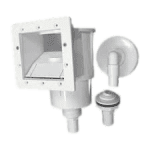


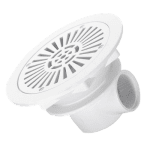





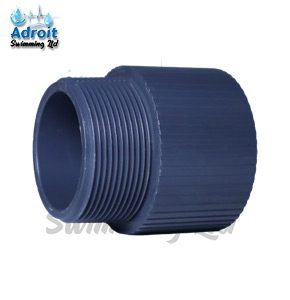
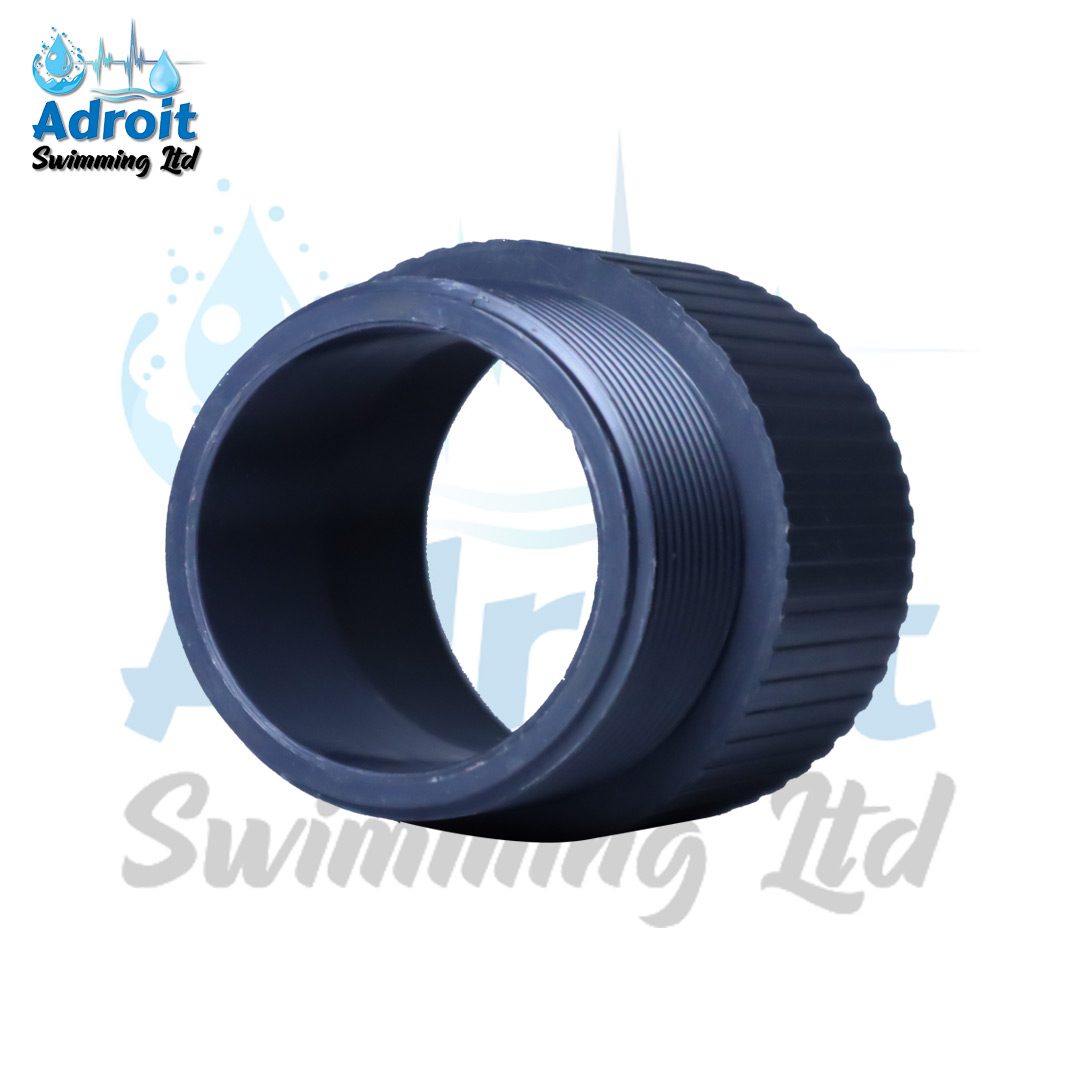
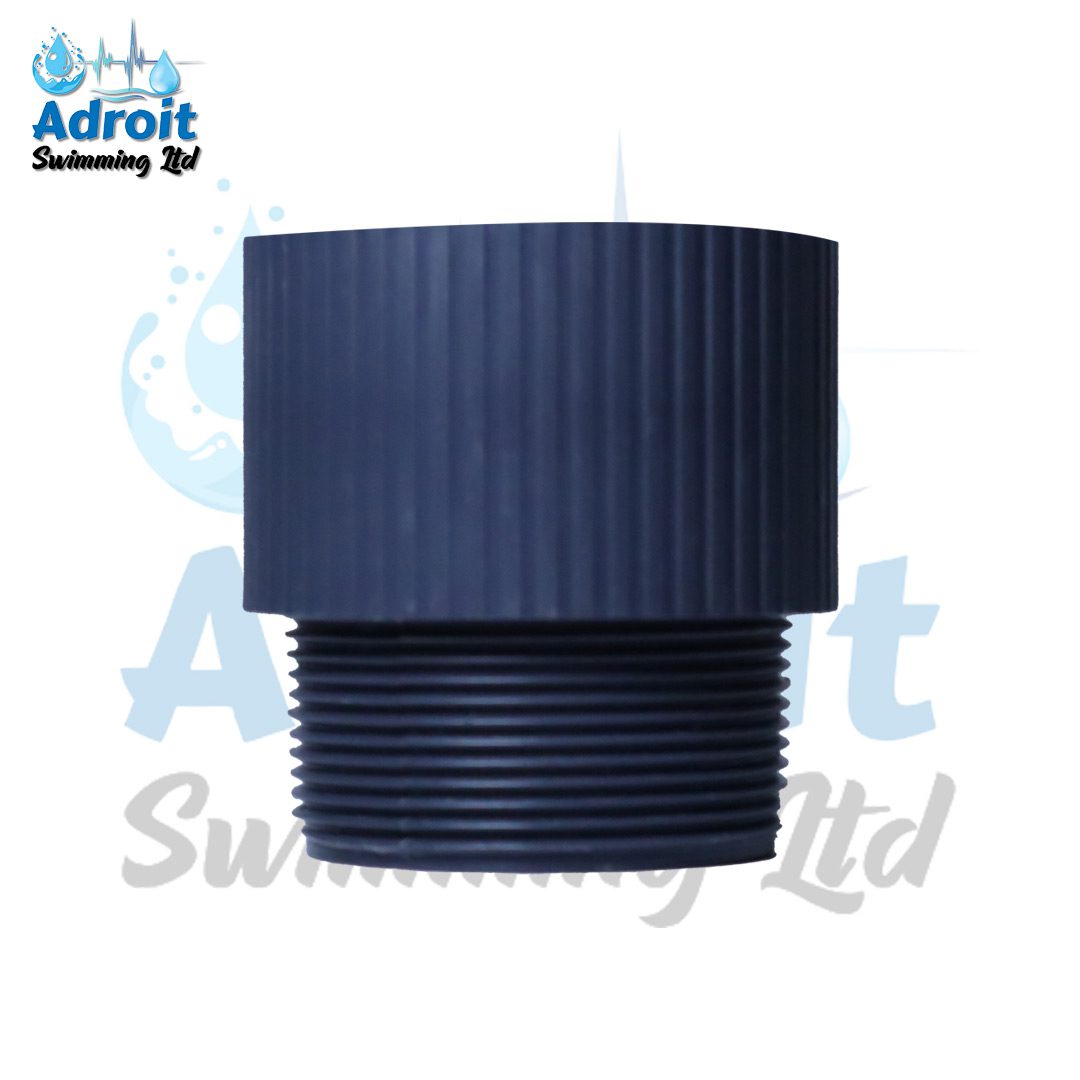
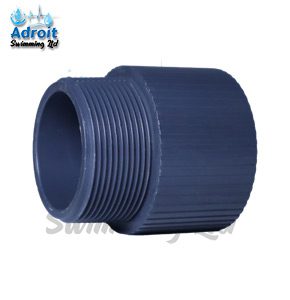
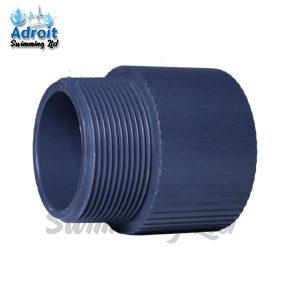
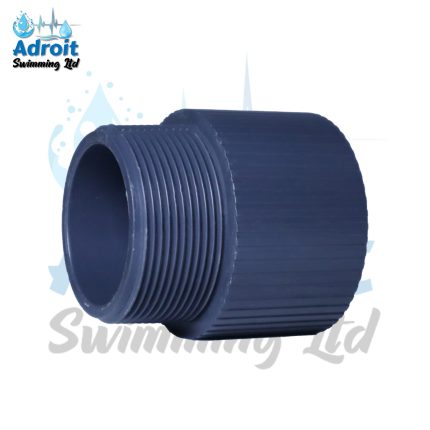
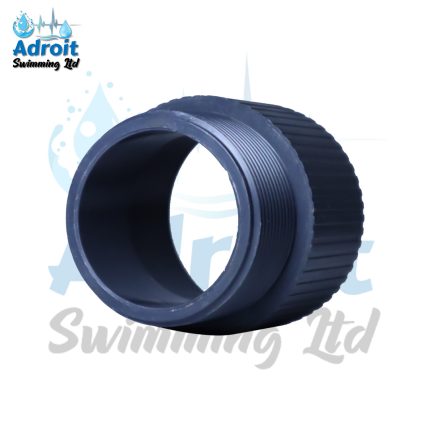
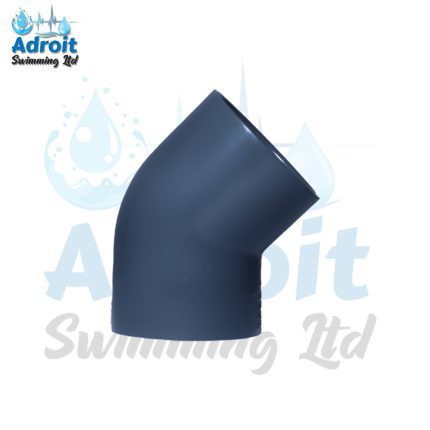
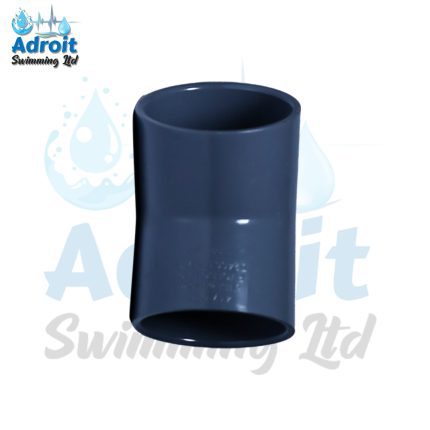

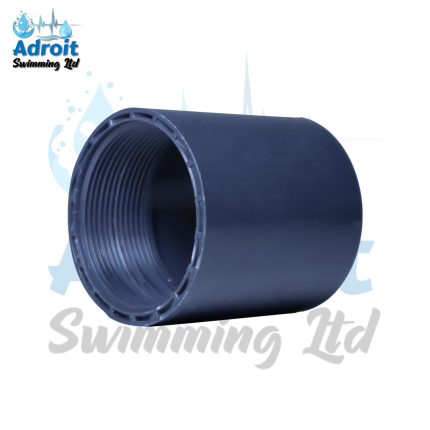
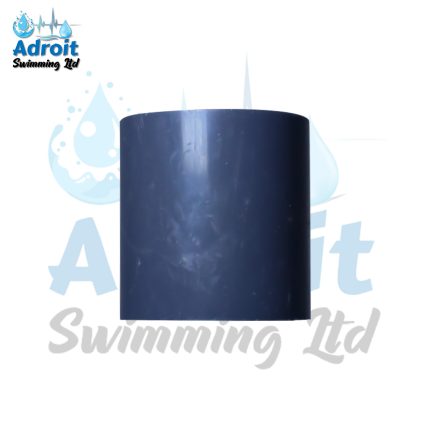
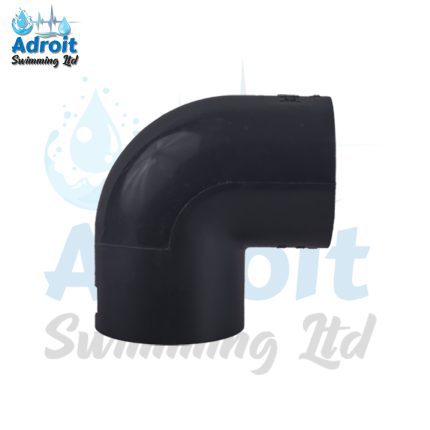
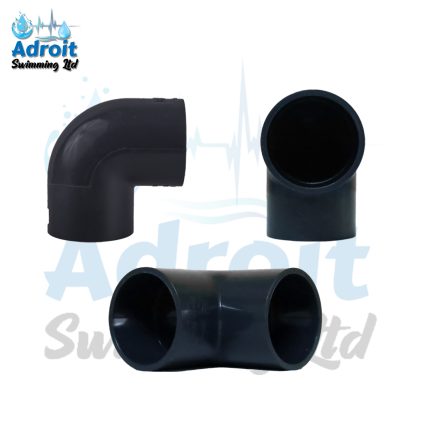
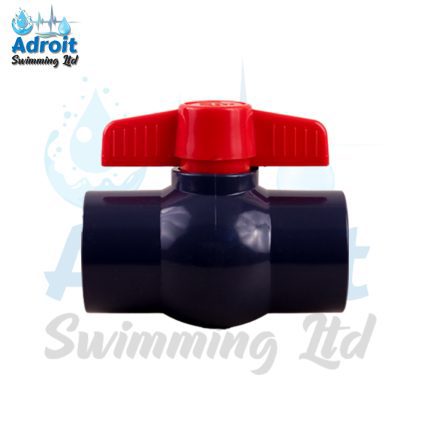
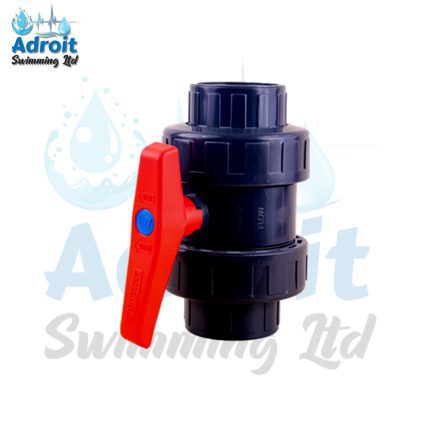

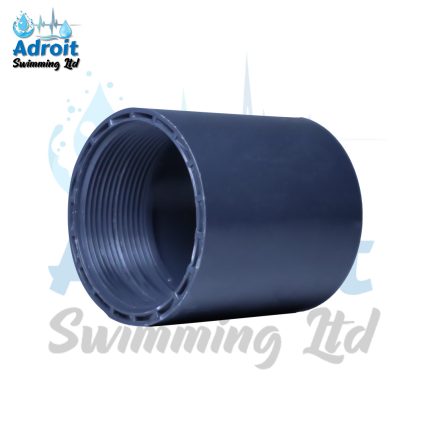
Reviews
There are no reviews yet.